The generally accepted lifespan of a boiler is 10 to 15 years. If your boiler is still functioning at 16+ years, it may still be a good time to upgrade, as today's systems are far more efficient than their predecessors.
Factors that affect the lifespan of your boiler:
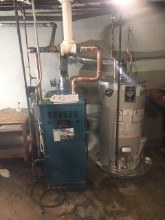
Do you have the right system?
If your boiler is the wrong size for your home, it may not reach its projected lifespan. If the system is too big, it won't take long to heat your home, and will go through more on/off cycles which can wear out the motors and other boiler components. Short cycling is a sign that you have a system that is too large for your home or building. A system that is too small can become taxed, operating at full capacity in a vain attempt to keep the temperature up and eventually wearing out the system components. You may notice you are still cold despite the boiler constantly running if your system is too small for your home or building.

Do you service your boiler every year?
Like we covered in last month's blog post, you should definitely have your boiler serviced every year. In fact, not doing so may void your warranty. Why? Because it's much more likely to fail during the span of your warranty instead of after as a result. With Annual Boiler Maintenance from Jersey Plumbing, we Rigorously Inspect and Maintain Your Equipment for Optimal Performance. Our team will:
- Clean and inspect the heat exchanger
- Inspect all wiring and connections
- Test water pH levels
- Inspect condensate system and clean/flush as needed
- Inspect and clean flame sensor
- Inspect and clean ignitor
- Inspect and clean burner assembly
- Full inspection of the venting system for deterioration, corrosion, blockages or failed joints and connections
- Examination of air inlet and vent terminations
- Inspect and test safety controls
What kind of boiler do you have?
A cast iron water or steam boiler may last much longer than a condensing boiler.
What kind of fuel to you use?
A gas boiler has a longer lifespan. Electric Boilers tend to last 8-10 years rather than 10-15 years.
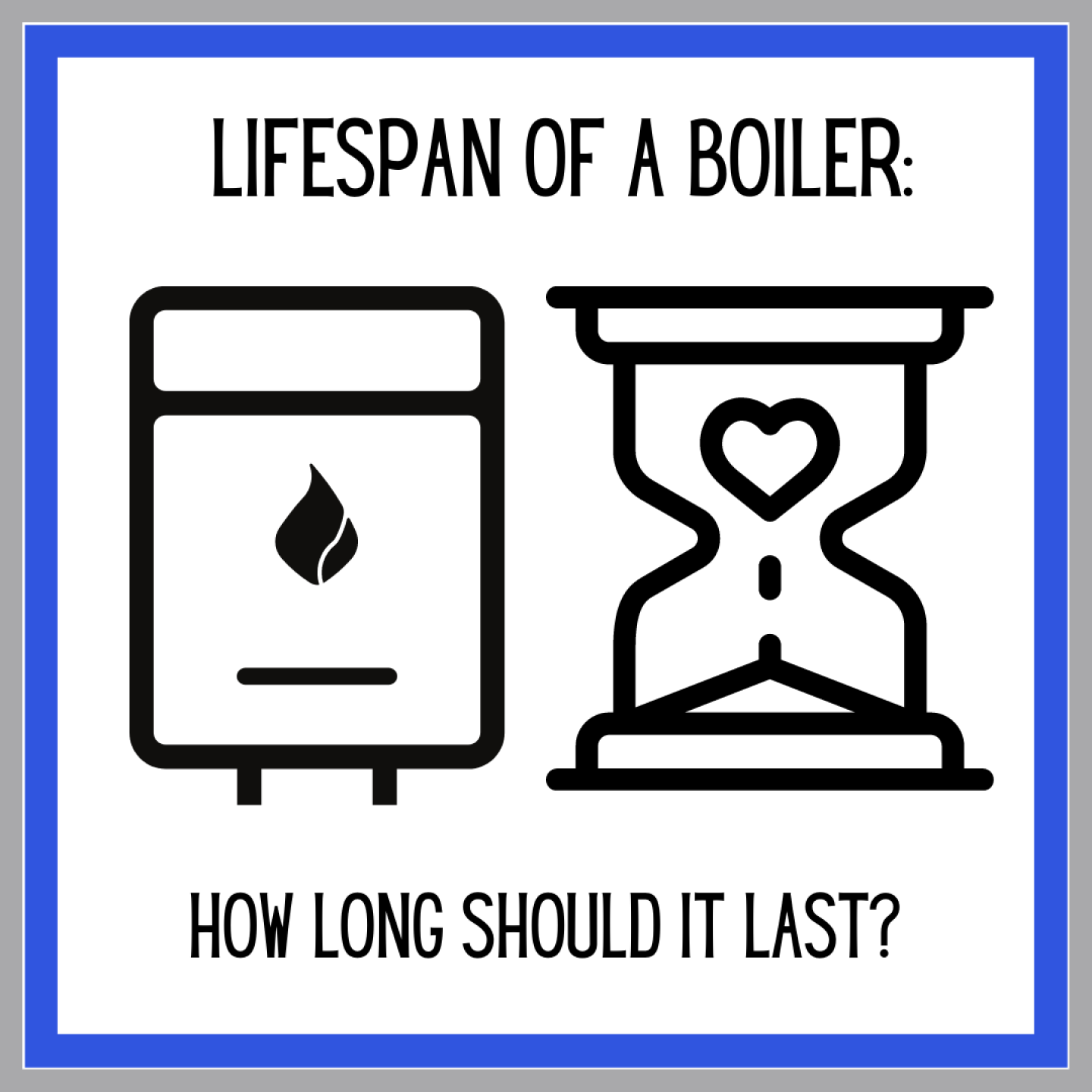
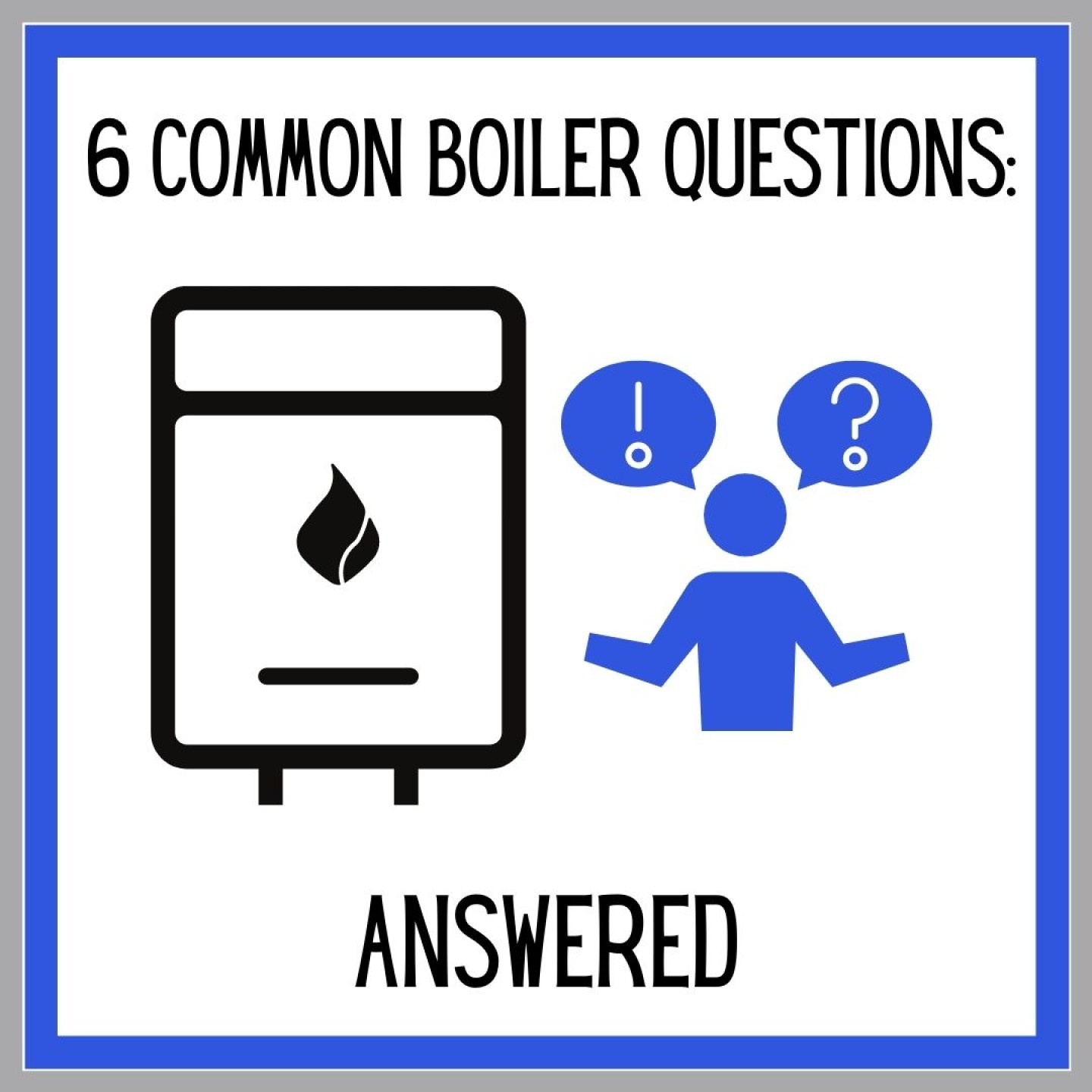
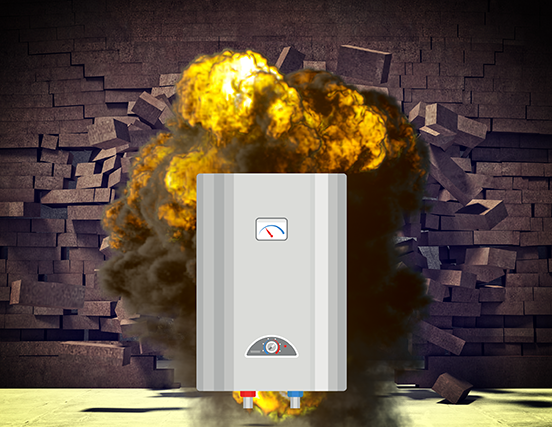
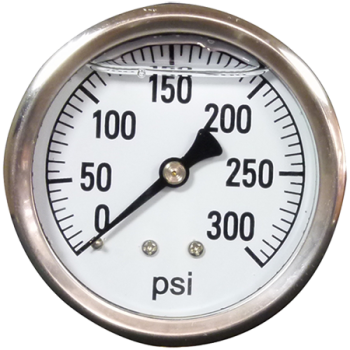
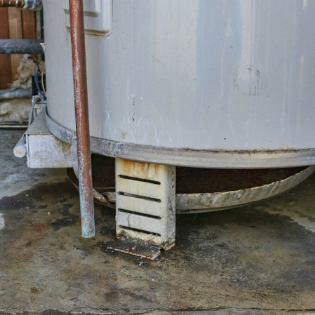
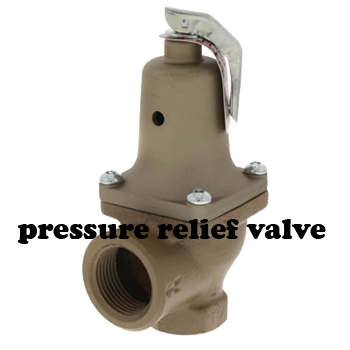
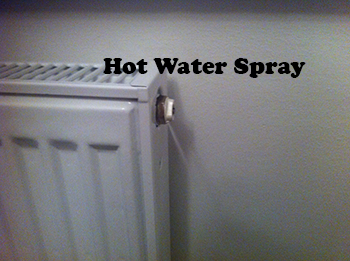
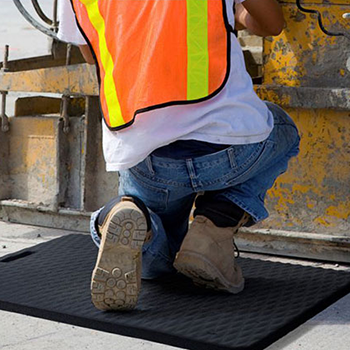
Recent Comments